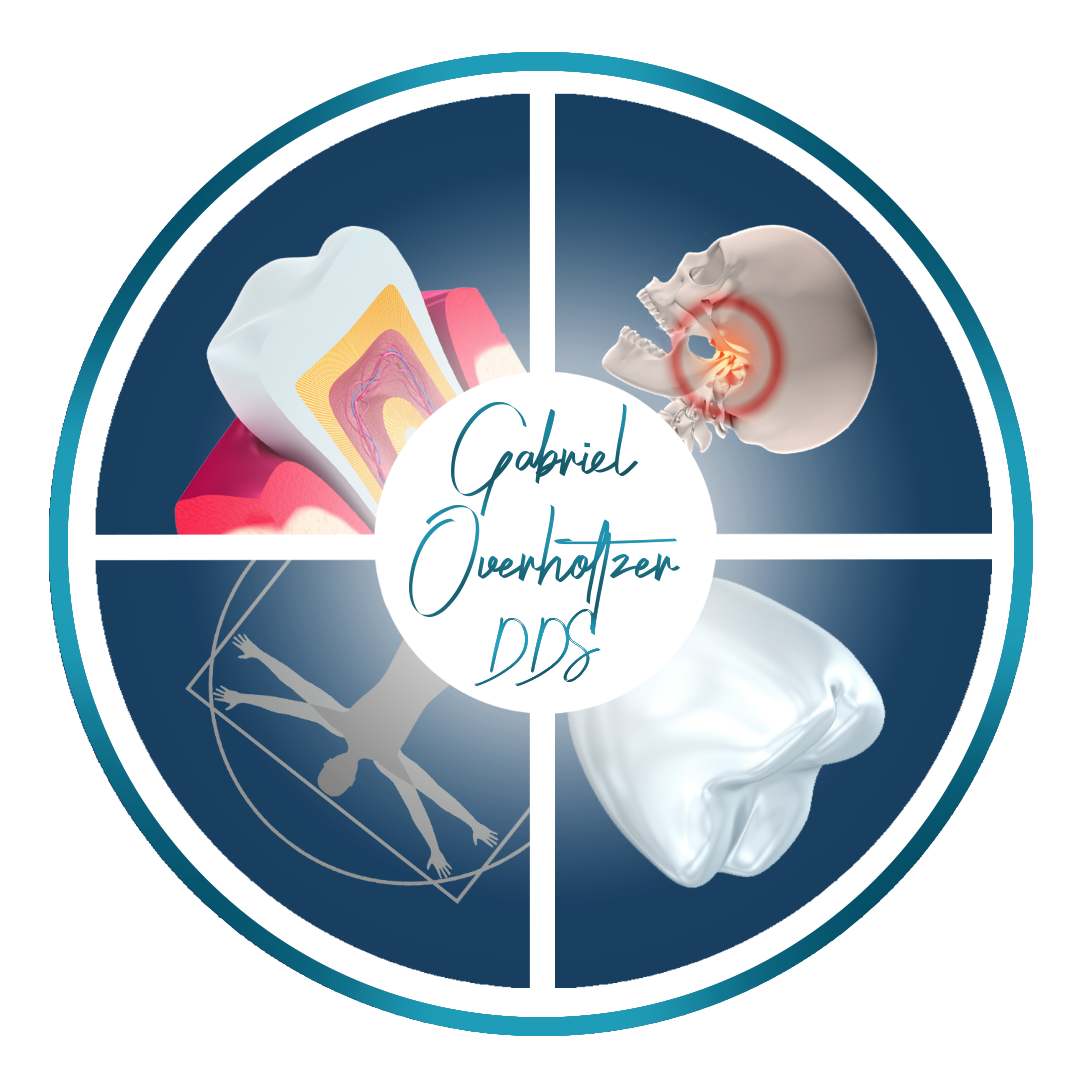Missing teeth can have a significant impact on a person’s oral health and overall well-being. Beyond the aesthetic concerns, the consequences of tooth loss extend to various aspects of daily life. In this article, we will explore the effects of missing teeth on oral health and quality of life.
Chewing and Digestion
One of the primary functions of teeth is to chew food thoroughly, breaking it down into smaller, digestible pieces. Missing teeth can hinder this process, making it difficult to properly chew food. As a result, individuals with missing teeth may opt for softer, less nutritious foods, which can affect overall nutrition and digestion. Inadequate chewing can also lead to gastrointestinal issues and reduced nutrient absorption.
Speech and Pronunciation
Teeth play a crucial role in speech and pronunciation. Missing teeth, especially front teeth, can alter the way sounds are produced, leading to speech difficulties and pronunciation challenges. Individuals may feel self-conscious about speaking in public or participating in conversations due to these changes in speech patterns.
Oral Health Complications
Tooth loss can lead to a range of oral health complications. Adjacent teeth may shift or tilt into the gap left by a missing tooth, causing misalignment and bite problems. This shift can also create spaces where food particles and bacteria can accumulate, increasing the risk of tooth decay and gum disease. Over time, untreated oral health issues can lead to further tooth loss and the need for extensive dental treatments.
Bone Loss and Facial Changes
The roots of teeth play a vital role in maintaining the health and density of the jawbone. When teeth are lost, the surrounding bone can begin to deteriorate in a process known as bone resorption. This can lead to changes in the facial structure, including a sunken appearance of the cheeks and lips. Severe bone loss can impact the fit and stability of dentures or other tooth replacement options.
Self-Esteem and Confidence
The visible gaps created by missing teeth can have a significant impact on an individual’s self-esteem and confidence. People may feel embarrassed or self-conscious about their smile, leading to social withdrawal and a reduced quality of life. The emotional toll of missing teeth can affect personal relationships, professional opportunities, and overall mental well-being.
Functional Limitations
Missing teeth can result in functional limitations beyond chewing and speaking. Individuals may avoid certain social activities or experiences, such as dining out with friends or family, due to concerns about their ability to eat comfortably or smile confidently. This can lead to a decrease in overall quality of life and feelings of isolation.
Conclusion
The effects of missing teeth extend far beyond cosmetic concerns, impacting various aspects of oral health and daily life. Tooth loss can affect chewing, digestion, speech, and overall oral health, leading to complications that require extensive dental treatments. Additionally, the emotional toll of missing teeth can diminish self-esteem and quality of life. Fortunately, there are various tooth replacement options available, such as dental implants, bridges, and dentures, which can help restore function, aesthetics, and confidence. If you are experiencing tooth loss, consult with a dentist at Skyline Family Dental – Gabriel Overholtzer DDS and get appropriate missing teeth treatment in Bishop.
